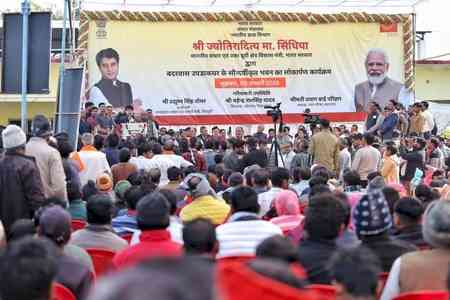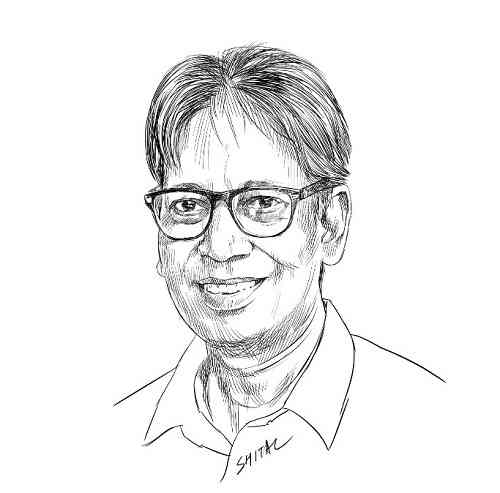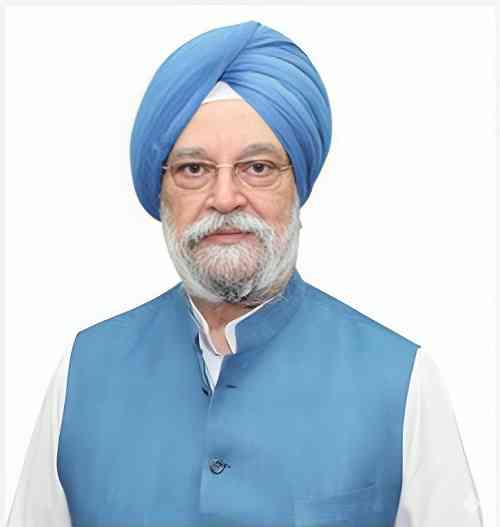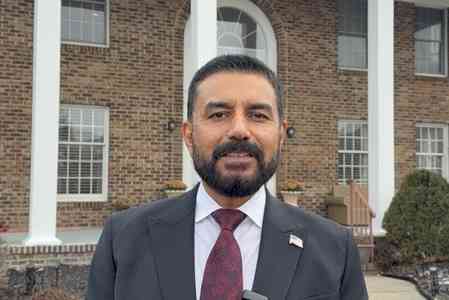Parliament security breach case: Delhi Police opposes accused Neelam Azad's plea for FIR copy
The Delhi Police on Monday strongly opposed the December 13 Parliament security breach case accused Neelam Azad's application seeking permission to provide a copy of the FIR.
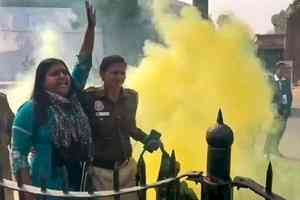
New Delhi, Dec 18 (IANS) The Delhi Police on Monday strongly opposed the December 13 Parliament security breach case accused Neelam Azad's application seeking permission to provide a copy of the FIR.
Police told Additional Sessions Judge Hardeep Kaur of Patiala House Courts that every piece of information is crucial at this stage of the investigation, and any potential leakage could significantly impact the ongoing process.
The FIR in question is described as a sealed and sensitive document.
The police said that the investigation is actively progressing, with the accused currently on police custody and additional suspects still at large.
Public Prosecutor Akhand Pratap Singh expressed concerns over the potential influence on the investigation if the accused were provided with a copy of the FIR during her police custody. He stressed the sensitivity of the case, justifying the withholding of certain information.
Advocate Suresh Kumar Chaudhary, representing Azad's family, countered the police stance, stating that the family remains uninformed about the charges and facts surrounding the case.
Alleging harassment by the Delhi Police, he claimed the denial of access to the FIR and the restriction on meeting the family are violations of Azad's constitutional rights.
The judge then reserved the order on Azad's application.
The plea filed before the Aditional Sessions Judge said the family of the accused, accompanied by their advocate, visited the Parliament Street police station to obtain a copy of the FIR and to meet Azad.
They found that the case had been transferred to the Special Cell ACP's New Friends Colony branch.
As per the application filed before the court, at the Special Cell office, the officials said that the designated officer is unavailable, leading to a five-hour wait. It further said that despite requesting the investigating officer for a copy of the FIR copy and permission to meet the accused, the family members were denied any such access, prompting the need for a court order.
The application argued that these actions are in contradiction to the liberty accorded to the accused by procedural laws and Constitutional articles. It sought the court's intervention in granting permission for obtaining the FIR copy and arranging a meeting with the accused, pointing out the importance of upholding procedural rights and Constitutional principles in the interest of justice.


 IANS
IANS 
